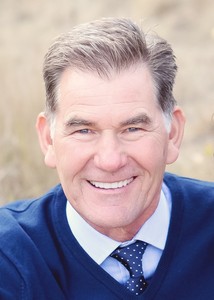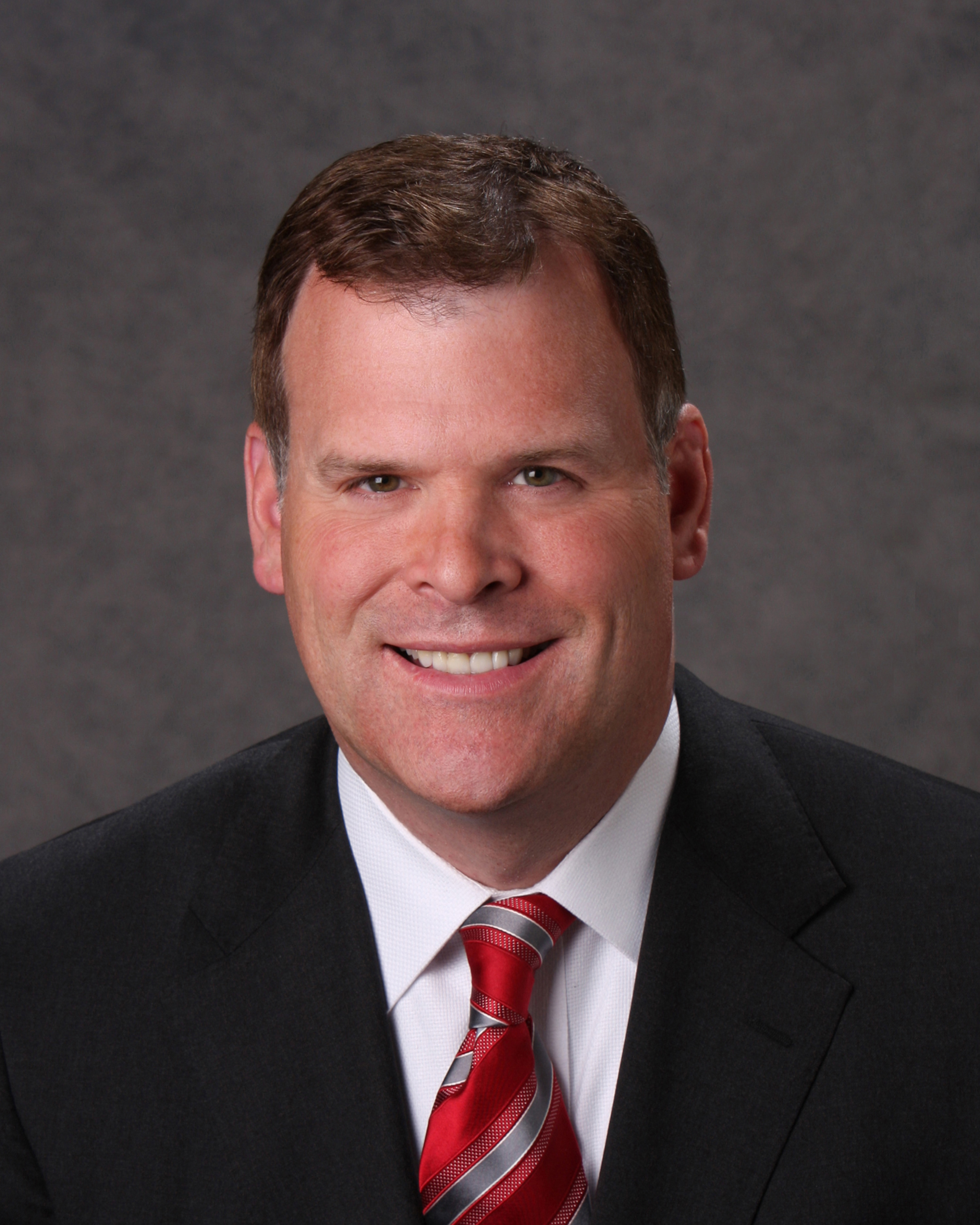
Yesterday I interviewed Brad Weekes. I was very exited to talk with Brad about his successful career that he has in the real estate field. It is an industry that has a lot of opportunity, but can also be very tricky if business is not done properly. As I asked about Brad's story he started by telling me a little bit about his back round. It just so happens that he grew up in Idaho on a farm just me. He grew up only 30 minutes away from where I did. I felt that we had an instant connection after that. We talked for almost 20 minutes about the farm life and some of the changes and such in Idaho.
He served his mission in New Zealand and shortly after began his entrepreneurial endeavors. It amazes me that how even as a poor college student, he was finding ways to open businesses and invest the little he had. He and his brothers started a disco hall called the Star Palace in Rexburg, Idaho. He had tons of fun doing this, and were making money. He also owned and operated two used car lots. His investor IQ is something that I found remarkable. He said other college students were taking out loans to drive a nicer car, and he was pumping the little he had in something that could give him a return. He also started to build his real estate portfolio, once he had a little more to invest. He renovated existing student housing that he could rent for more. He also begin building new student housing apartments. When he began selling those, he can remember having made 70 thousand dollars in his junior year. He said felt like the king. He chuckled and said that he was thinking that his wife, but girlfriend at the time, would be stupid not to like him. He said that wasn't the case but after a long fought time he convinced her to marry him.
He spoke much about his wife and family as he was telling me his story. I was very impressed with how he manged to put his family first during all these busy times. He and his wife ended up moving to Arizona where the housing market was down. He thought that this would be a prime time to buy cheap homes and rent them, and later when they increased in value, he would sell them. He explained that one of his regrets is not keeping the houses and apartments that were "cash cows". These were the ones that paid great rent and were very low priced to acquire. He told me of one property that in 12 months rent in today's rate. Would pay for the entire price of the property. His company in Arizona grew fast and he opened a custom home building company. The company was one of the most successful custom home builders in Arizona.
He did the same thing in California. He said , "It was fun, If I sold 5 of these luxurious custom homes, then I got one for free." It was a very fun interview and he is a very animated man. I told him he looks like Harrison Ford, and he replied Harrison would have to pay big bucks for him to look this good. He was a die hard believer on doing your due diligence in real estate transaction, and also seeking the right investment. He only likes investments that return at least 20% of the initial investment.







